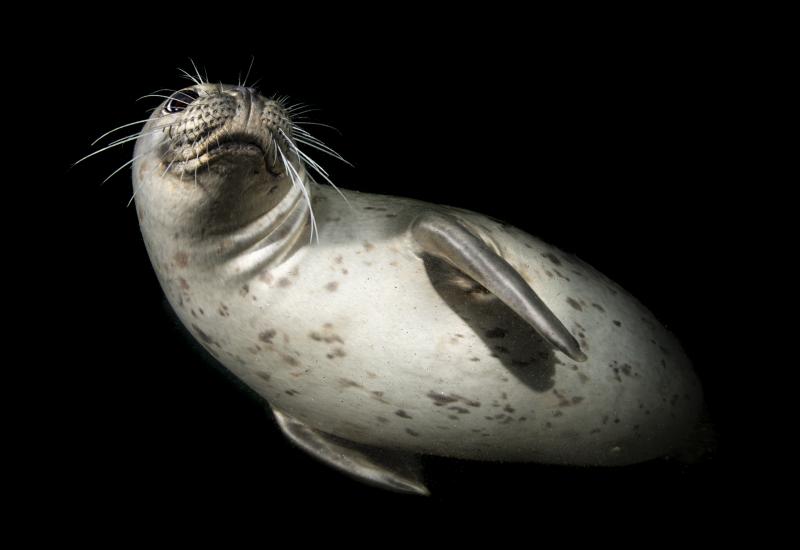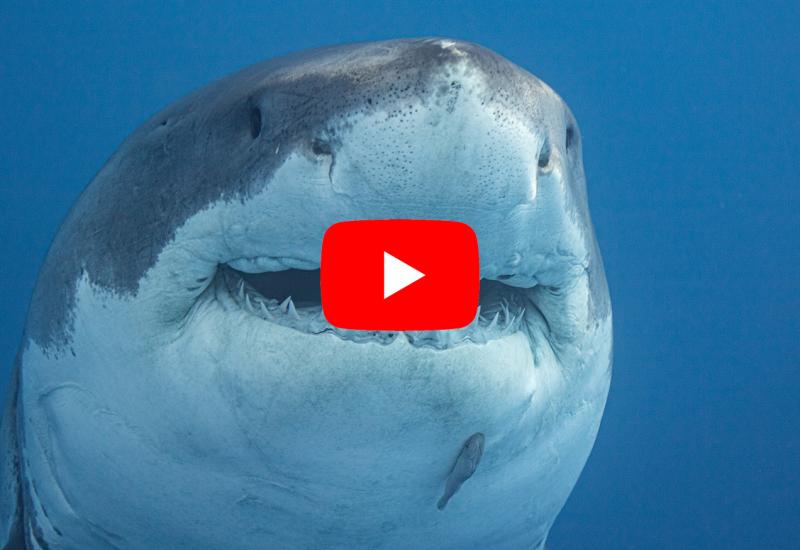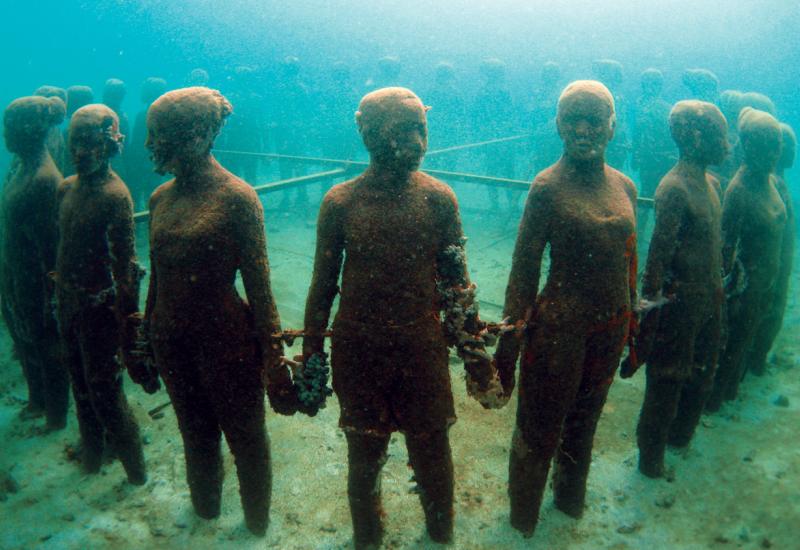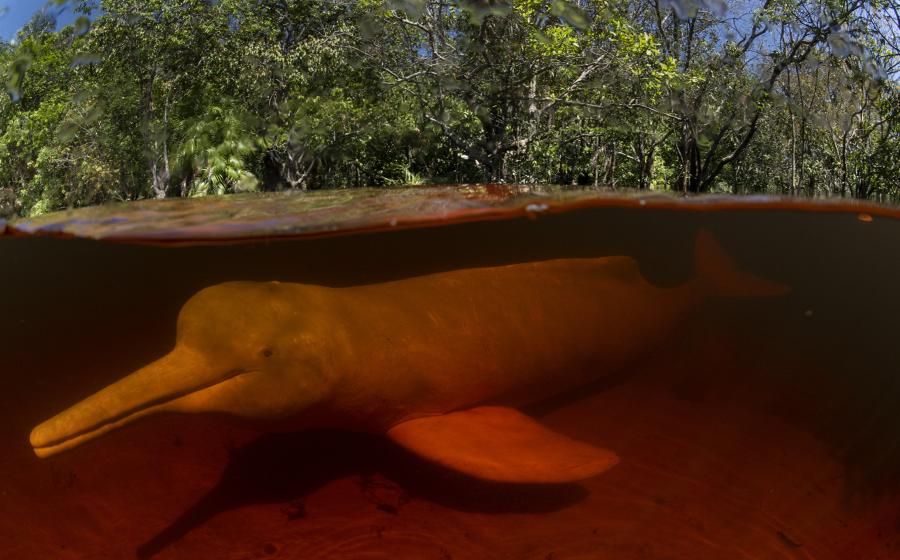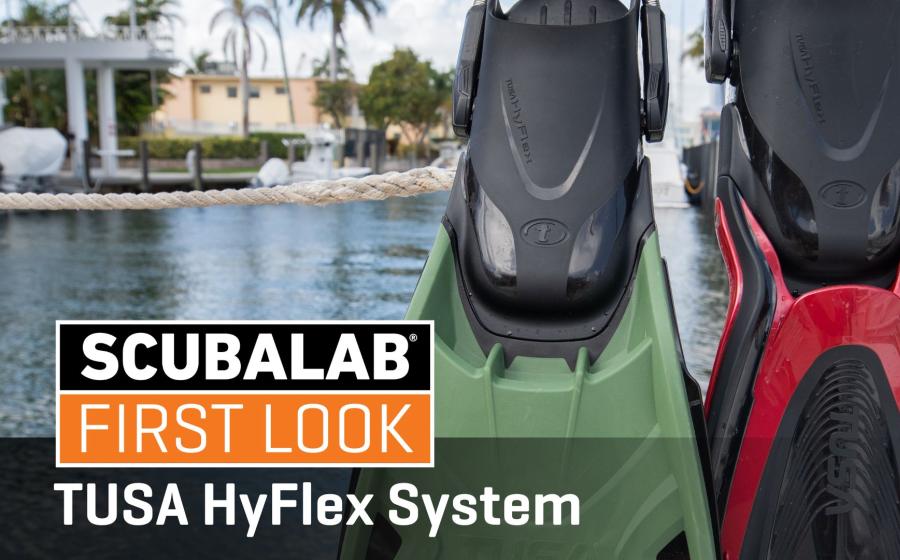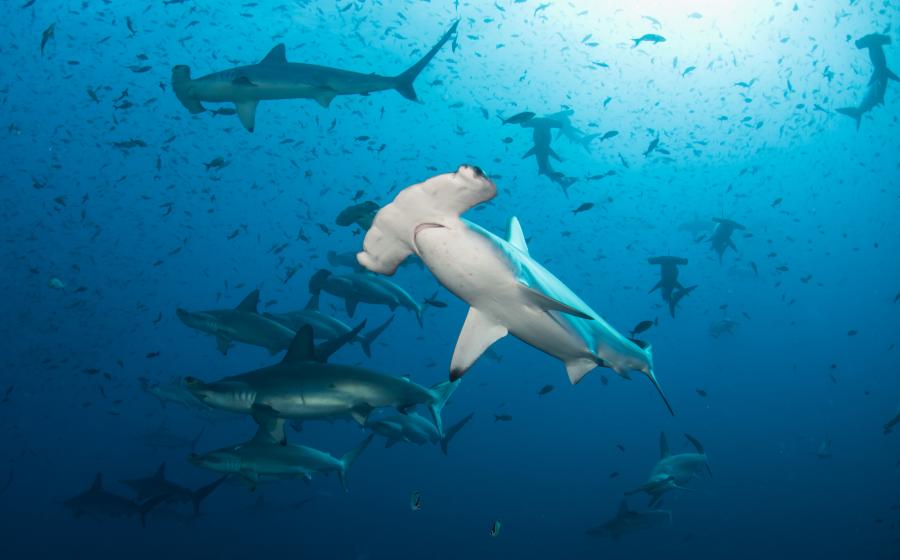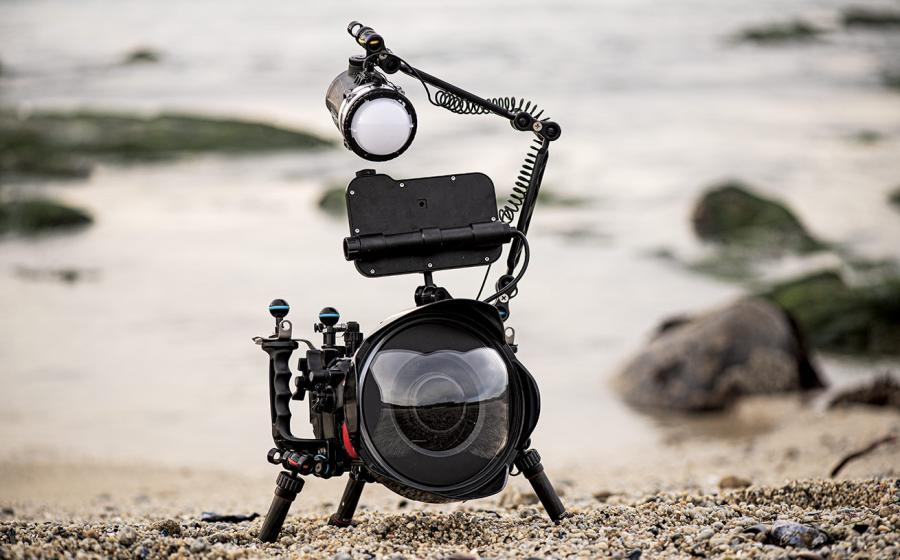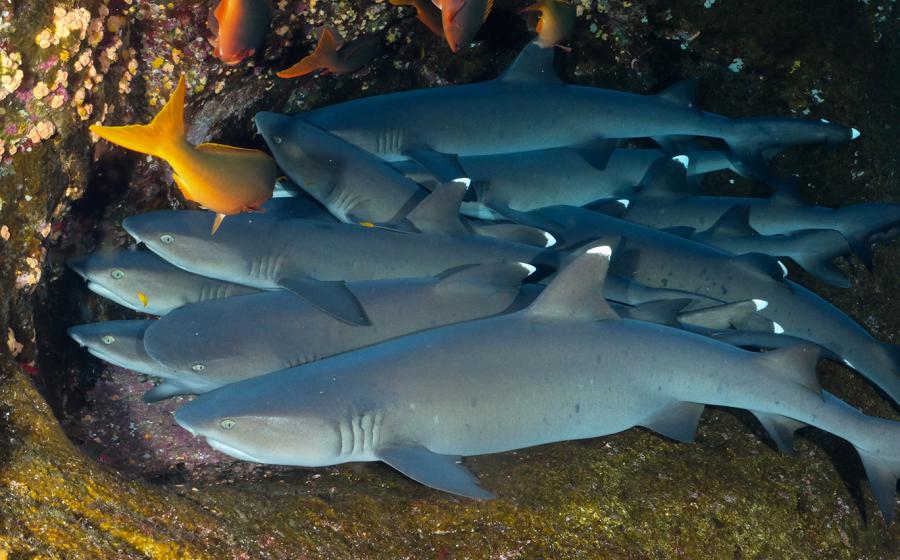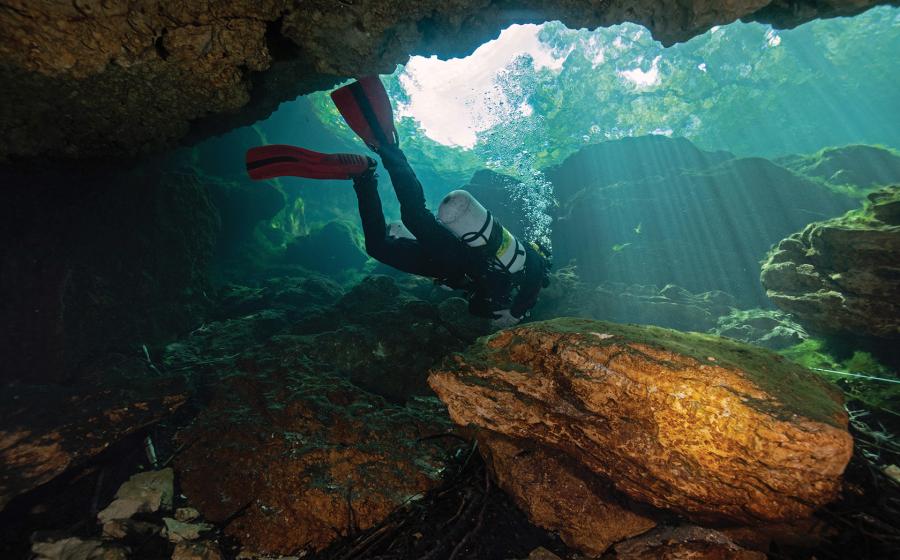Freedom Fighter: Kurt Lieber
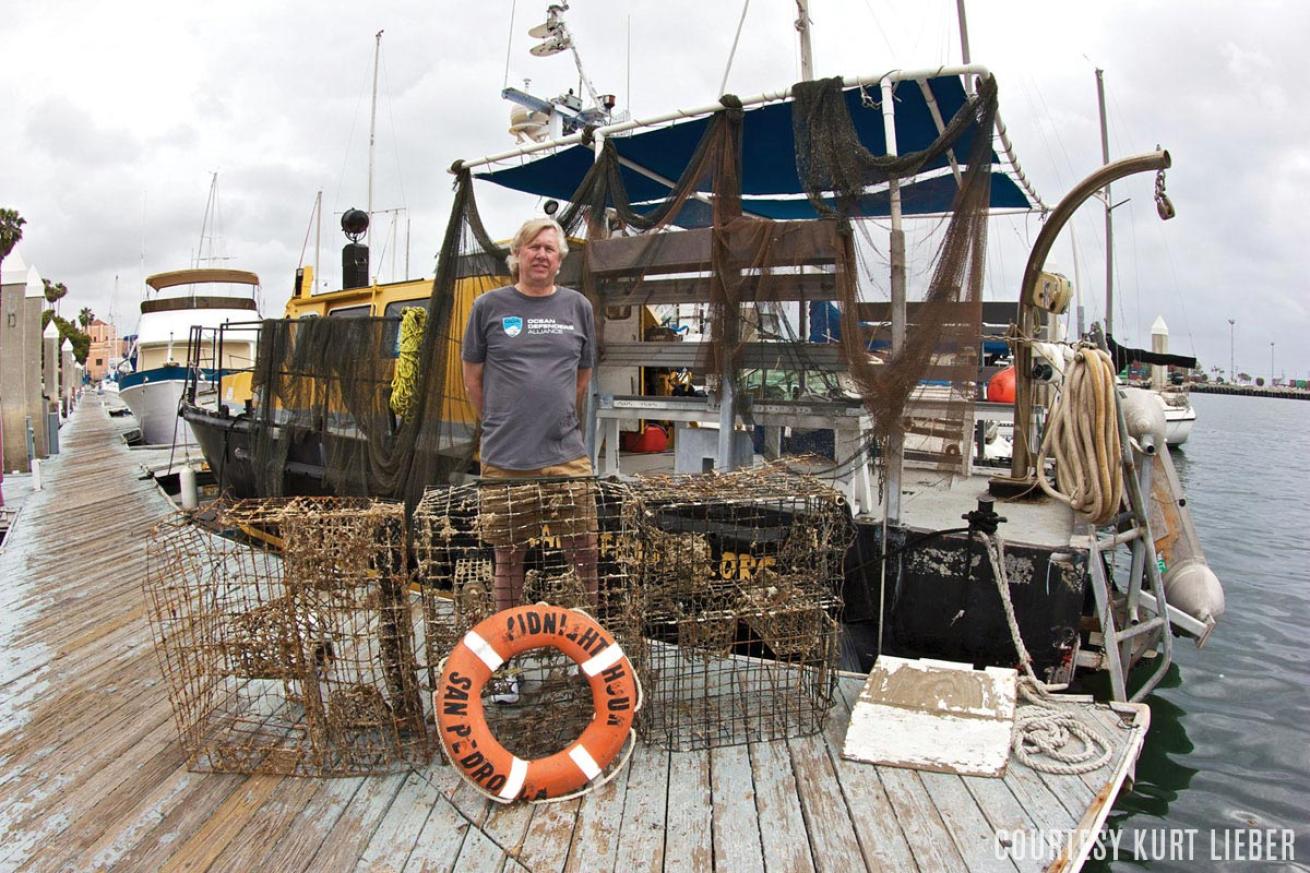
Courtesy Kurt Lieber
Kurt Lieber created Ocean Defenders Alliance in 2000 to fight the problem of ghost gear — the nets, lobster and crab traps, and miles of nylon and polypropylene rope left behind by fishermen, which entangles and kills countless marine animals annually. It took him 12 years to find the necessary funds to transition from diver and ocean-conservation weekend warrior to become the full-time force behind the L.A.-based organization — but now there’s no stopping him.
You and your teams dive to remove lost or abandoned fishing gear. What has been your biggest haul?
A 40-foot boat donated in 2007 enabled us to go after nets — not just traps and lines. We quickly targeted Catalina Island’s Infidel wreck and the 9,000-pound net covering it. The ship is 150 feet deep and in an area that where, at any minute, you could have a 4-knot current come through.
That sounds dangerous.
We’re putting our lives at risk because of the depth. We’re working — huffing and puffing. It’s not a casual dive. Plus, we do all the work by hand, using lift bags. We don’t have a spool like the fishing boats.
So why risk it?
Afterward, I feel elation like an adrenaline rush. I know I’ve removed something from the water that would have lasted 650 years. I imagine all the fish and sharks and sea lions we saved.
What’s been your strangest encounter?
On the Infidel, we returned two years later [after we started removing nets] and there was a new one — so in addition to the 9,000-pound net, there was another 1,000-pound one with seven dead sea lions on it, fresh. Their eyes were still intact. That was haunting. My guys came up with tears in their eyes.
That’s horrible.
When fishermen lose their gear, it doesn’t disappear. They know where it is. I’d like them to call me and let me know, ‘hey, it’s here, can you come get it for me?’ We would be glad to.
Are any fishermen calling?
A few. It’s mostly divers. That’s where we need legislation. Something that makes fishermen report how much gear they have at the beginning of the year, and, at the end of the year, what they lost and where they lost it. Then we can go after it.

